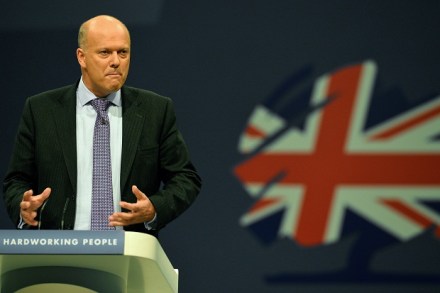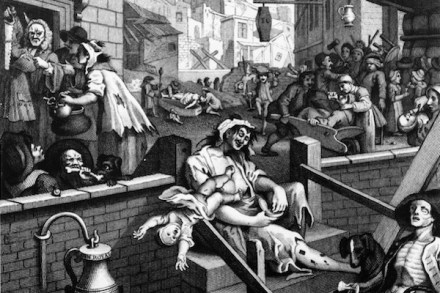Chris Grayling gets a relatively easy ride over reoffending rates
Theresa May accepted her Spectator Politician of the Year award with the quip: ‘It used to be a joke that I lock them up and Ken Clarke lets them out, now they say I lock them up and Chris Grayling throws away the key.’ The right wing press, as Ken Clarke is given to calling it, is much enamoured with Grayling and May. ConservativeHome’s Mark Wallace describes them as the ‘dynamic duo’, and writes a long appreciation of their ‘increasingly strong message on crime’. There is, of course, as Wallace concedes, more to governing than messages. The Mail on Sunday carries a small item about reoffending rates under the headline ‘scandal of
















